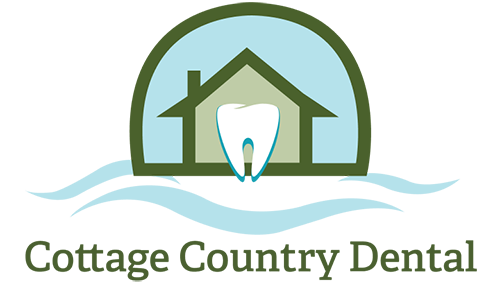
Symptoms to watch out for
Tooth pain can be unbearable and sometimes it seems like the only way to escape a toothache is to pull the tooth. We completely sympathize and want to provide you with quick relief and there may be options available to do so which also saves your tooth.
- Severe tooth pain.
- Pain that worsens with pressure or chewing.
- Jaw pain or stiffness.
- Swollen gums around the tooth or teeth.
- Signs of gum disease such as discolouration, bleeding or a bad odour.
Let us know if you are experiencing any of the following symptoms:
The treatment plan
There are many reasons a tooth may require removal. They include (but are not limited to) the extraction of baby teeth that have trouble exfoliating on their own, the extraction of teeth for orthodontic treatment, and the extraction of teeth due to pain or infection.
A dental extraction removal usually requires one office visit and is performed by a dentist. Here is how we go about extracting the tooth:
Looking for Solutions
You may think extraction is the only way to find relief or feel like it is inevitable but there may be other ways to quickly provide relief while saving the tooth. The best-case scenario is to keep you healthy, relieve any pain and preserve your tooth. Before any teeth are removed we will examine you and speak to you about your options.
The Removal Process
Based on the preference of the dentist and the patient, a local anesthetic will be used to numb the areas where the tooth will be extracted. Sedation may also be available if it’s required. We use a minimally invasive technique to remove teeth as gently as possible. We want you to feel comfortable and have a fast recovery.
Feeling Better
You will be given aftercare instructions including how to care for your mouth as it heals, what to expect and what to do if you experience complications. We would be happy to schedule a follow-up appointment to address any additional concerns you may have.
Cost of a dental extraction in Bracebridge
The cost of dental extractions can vary widely. With a typical insurance plan, a dental extraction commonly costs about $100 — $200+ out of pocket. We would be happy to provide you with a quote in advance to submit to your insurance provider to find out what your out of pocket costs would be. Without insurance, you can expect to pay approximately $200 to $600+ per tooth. The cost of a dental extraction will vary depending on a number of factors.
No dental practice can give you an accurate quote over the phone because your treatment plan must be tailored to your specific needs and can only be determined after an oral exam. There are two broad categories that dental extractions fall under which may give you a better idea of what your extraction may cost and why:
Simple Tooth Extraction
A simple extraction is performed on teeth that are visible in the mouth. These can be performed by a general dentist, using local anesthesia. A simple extraction of an accessible tooth without complication would merit a lower cost estimate.
Surgical Tooth Extraction
A surgical extraction is more complex and involves the removal of a tooth that cannot easily be seen or reached, either because it has not fully erupted or it has broken off at the gum line. A surgical extraction, requiring a great amount of consideration, delicate care and expertise will come at a greater cost.
Contact us today
to schedule an initial consultation & exam.
Your consultation will include an examination of everything from your teeth, gums and soft tissues to the shape and condition of your bite. Generally, we want to see how your whole mouth looks and functions. Before we plan your treatment we want to know everything about the health and aesthetic of your smile, and, most importantly, what you want to achieve so we can help you get there.
Frequently Asked Questions
- Avoid spitting, mouth rinsing, blowing your nose, using a straw, and smoking in the first 24 hours after tooth extraction.
- Don’t touch the extraction site with your finger or tongue.
- Avoid hot foods and drinks.
- Don’t take aspirin because it inhibits blood clotting.
- Avoid physical activities and exercise.
Google Verified Patient Reviews






